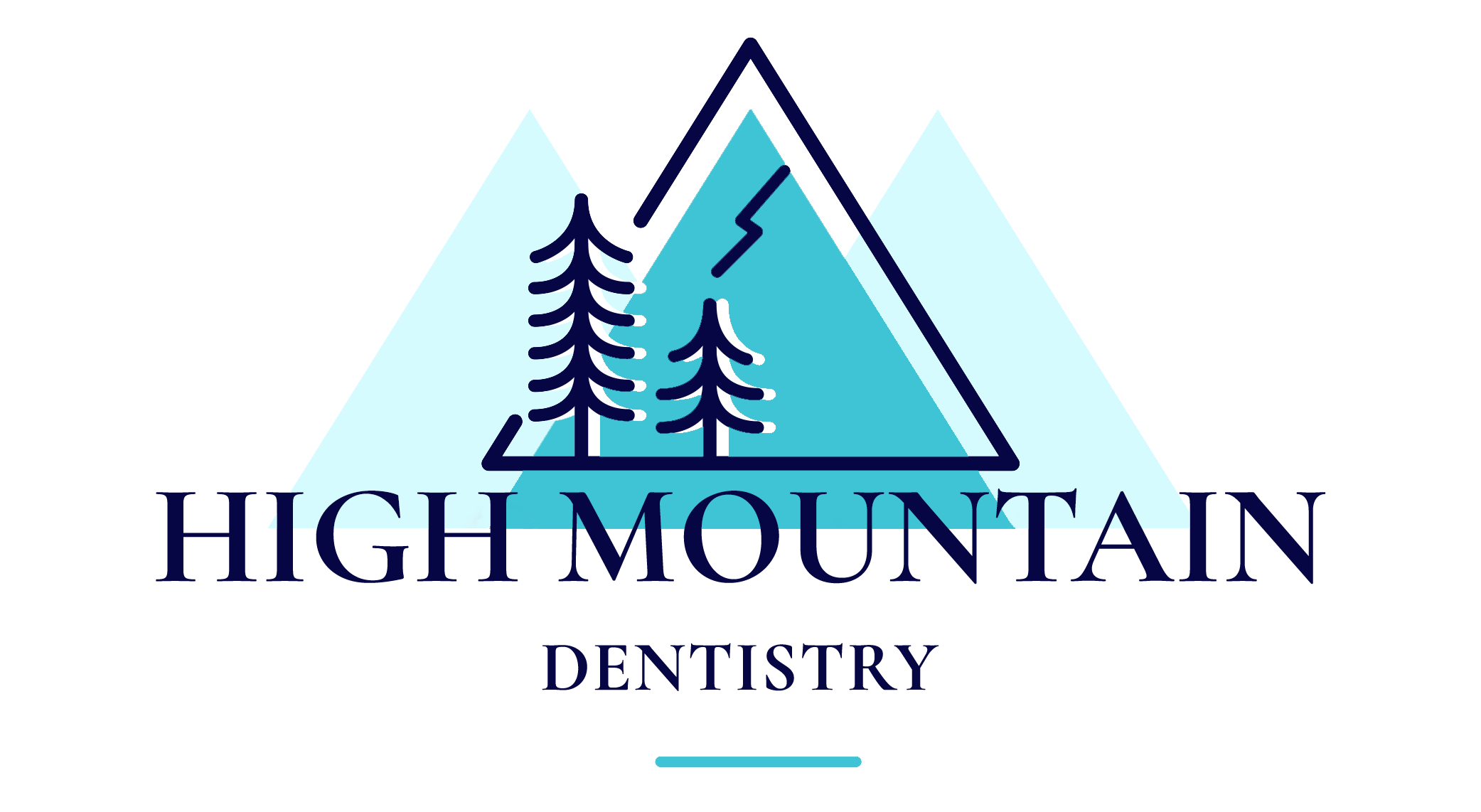
How Sugar Affects Your Teeth: Understanding the Impact and Protecting Oral Health
Sugar is often associated with a variety of health issues, but its effects on oral health are particularly pronounced. When sugar interacts with bacteria in the mouth, it can lead to tooth decay, cavities, and other dental issues. This article explores the ways sugar affects dental health and provides insights on minimizing these effects for a healthier smile.
1. The Relationship Between Sugar and Bacteria
The mouth is home to hundreds of bacteria, both beneficial and harmful. However, certain harmful bacteria, like Streptococcus mutans, thrive on sugar. When these bacteria encounter sugar, they use it as an energy source, producing acid as a byproduct. This acid then begins to attack the tooth enamel, the hard, outer layer of teeth. Enamel is essential for protecting teeth from decay, and once it’s damaged, it cannot be regenerated naturally.
According to the American Dental Association (ADA), this acid production and enamel erosion process can start within minutes after consuming sugar. The frequent consumption of sugary foods and drinks can result in consistent acid exposure, which over time leads to tooth decay and cavities as the enamel breaks down and weakens.
2. Plaque Formation and Tooth Decay
After sugar consumption, bacteria in the mouth form a sticky, colorless film called plaque on the teeth. If plaque is not removed through brushing and flossing, it hardens into tartar, which can only be removed by a dental professional. Tartar buildup can lead to periodontal (gum) disease and increases the risk of tooth decay.
As plaque continues to accumulate, it creates an environment that traps food particles and produces more acid. The increased acid exposure contributes further to enamel erosion and cavity formation. Studies published in the Journal of Dental Research highlight that high sugar intake not only increases plaque formation but also accelerates the progression of tooth decay, especially in individuals with poor oral hygiene habits.
3. Sugar-Rich Diets and Long-Term Oral Health Risks
Consuming a diet high in sugar doesn’t just contribute to cavities; it can also lead to more severe long-term oral health problems. Excessive sugar intake over the years can lead to chronic gum inflammation, receding gums, and even tooth loss. Gum disease, which begins as gingivitis, progresses into periodontitis if untreated, a serious condition that can lead to bone loss and tooth mobility.
In addition to direct effects, high-sugar diets can also influence overall nutrition, which indirectly impacts dental health. Diets rich in sugar often lack essential nutrients like calcium and vitamin D, which are crucial for maintaining strong teeth and bones. A review in Clinical Oral Investigations showed that people with diets high in processed sugars and low in nutrient-dense foods are more prone to periodontal issues and tooth decay than those with balanced diets.
4. Tips for Reducing Sugar-Related Tooth Damage
While reducing sugar intake can significantly improve oral health, practical steps can also minimize sugar’s impact on teeth. Here are some strategies to consider:
Limit Sugary Snacks and Beverages
Frequent snacking on sugary foods or sipping sugary drinks throughout the day increases the amount of time teeth are exposed to harmful acids. Instead, consider consuming sugary treats in moderation and try to pair them with meals, as this can stimulate saliva production, which helps neutralize acids.
Opt for Sugar Substitutes
If you’re craving something sweet, consider using sugar substitutes like xylitol. Unlike regular sugar, xylitol doesn’t feed harmful bacteria in the mouth and may even help reduce the number of bacteria that cause cavities.
Practice Good Oral Hygiene
Brushing twice a day with fluoride toothpaste and flossing daily are essential habits for removing sugar and bacteria from the teeth. Regular dental check-ups also help prevent tartar buildup and detect early signs of tooth decay before it progresses.
Stay Hydrated with Water
Drinking water throughout the day can help wash away sugars and food particles from the mouth, reducing the potential for plaque formation. Fluoridated water, in particular, provides an additional defense by strengthening the enamel against acid attacks.
5. Conclusion: Maintaining a Balanced Diet for Optimal Oral Health
Sugar’s impact on dental health is a serious issue, but it’s also manageable. By understanding how sugar interacts with bacteria in the mouth to create acids, and taking proactive steps like maintaining good oral hygiene, moderating sugar intake, and visiting the dentist regularly, we can protect our teeth and enjoy better long-term oral health. Incorporating a balanced diet rich in essential nutrients is also key to reducing the risk of cavities and gum disease, creating a foundation for a strong, healthy smile.
Taking these preventative steps now can reduce future dental issues and ensure a lifetime of healthy, strong teeth.
Sources:
- American Dental Association. “How Sugar Affects Your Teeth and What to Do About It.” Available at ADA Website.
- Journal of Dental Research. “The Impact of Sugar Intake on Oral Health.” Available at JDR.
- Clinical Oral Investigations. “Sugar-Rich Diets and Periodontal Health: A Review.” Available at COI Journal.
At High Mountain Dentistry in North Haledon, NJ, we specialize in Invisalign solutions for you and your family. Dr. Michael Russo, D.M.D., has advanced his training and education including certification with Invisalign. If you’re interested in Invisalign or are due for a cleaning, please contact our office at 973-427-0300. You may also email us at office@highmountaindentistry.com, or find us on the web at www.highmountaindentistry.com. We’re always happy to help.
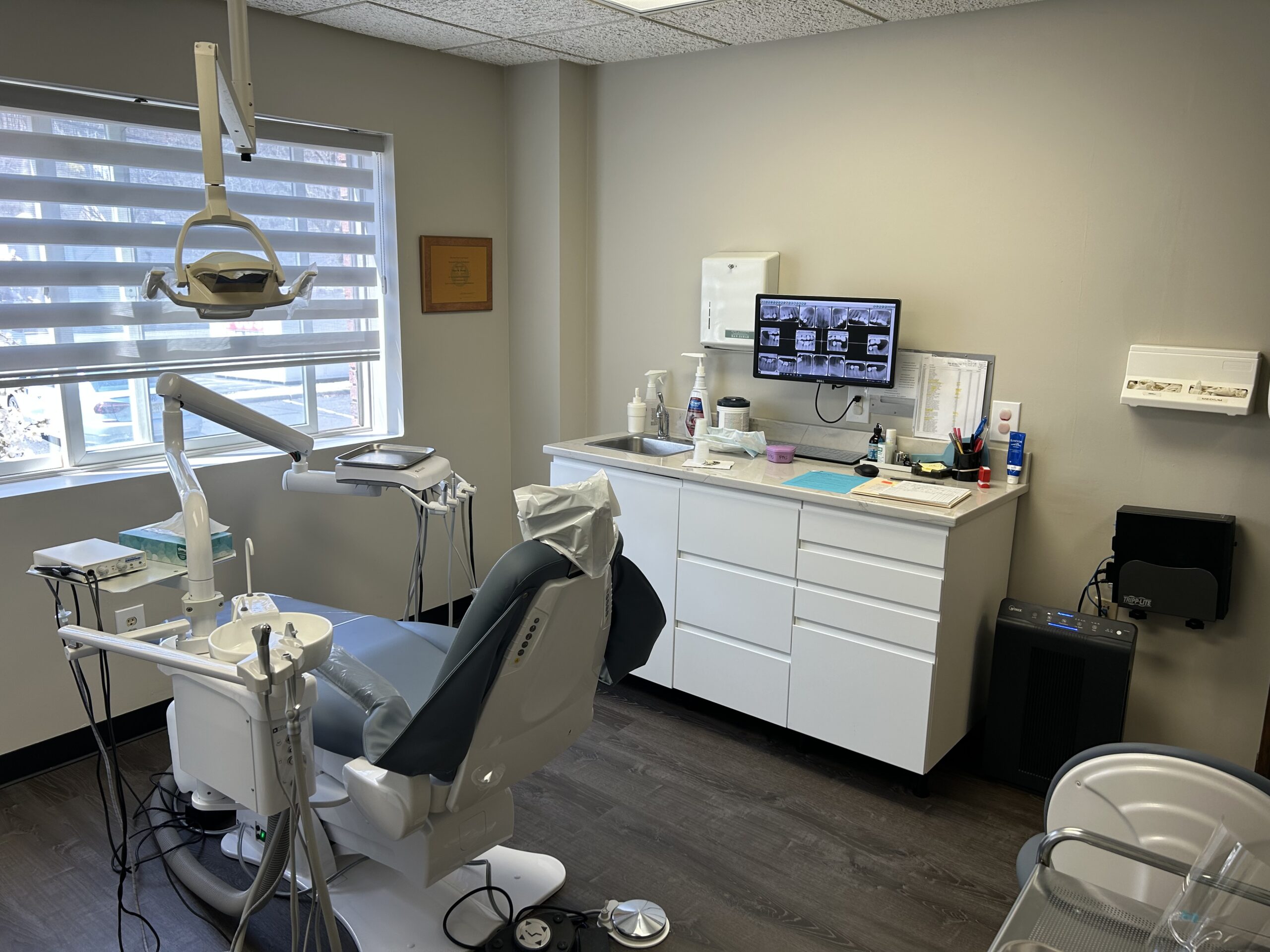
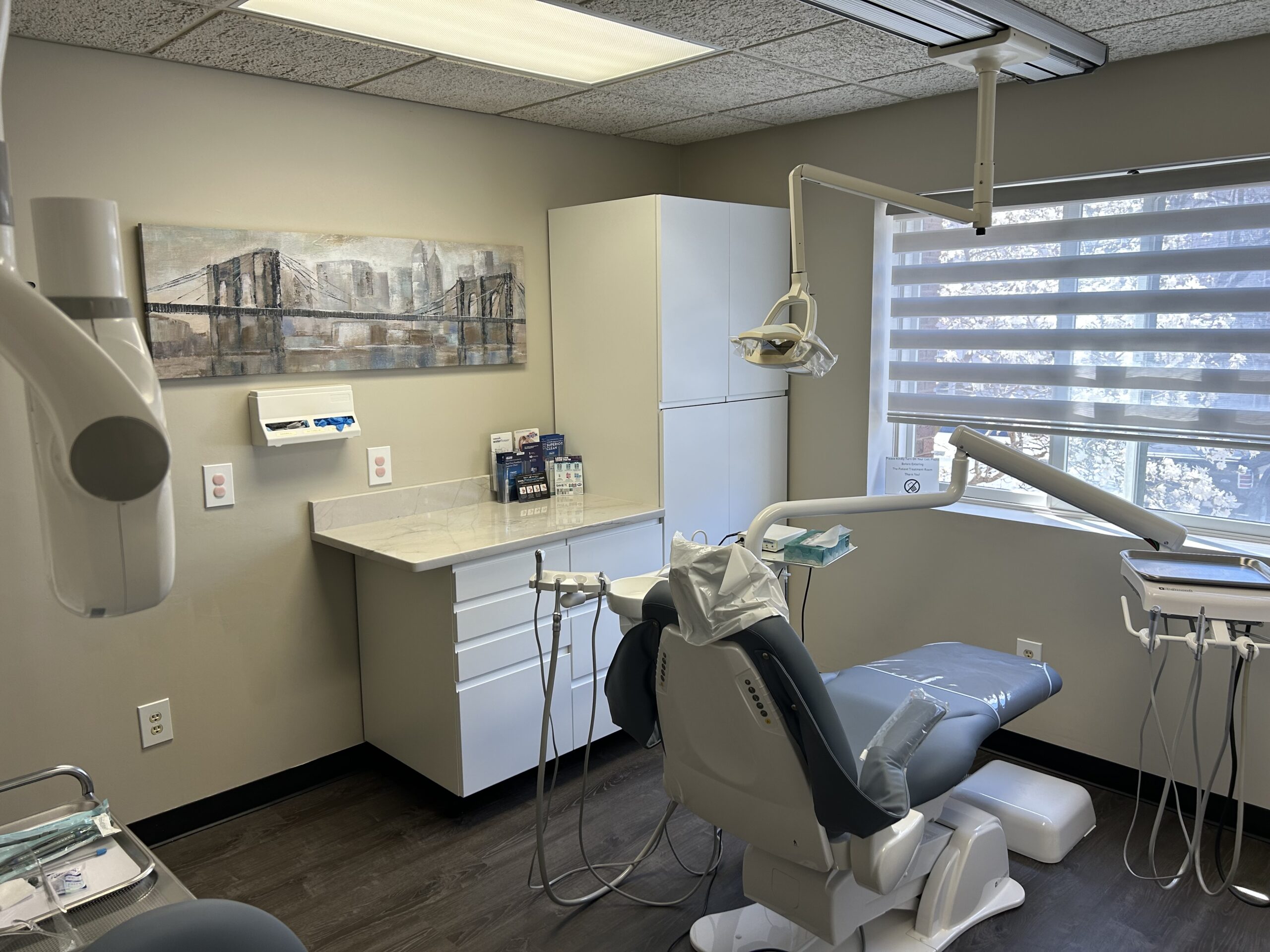

Dr. Peter M. Perera, D.M.D., P.A.
Dr. Perera performs most aspects of dentistry with emphasis on restorative dentistry, including crowns, bridgework, implants; root canals and extractions within his scope of expertise. Dr. Perera has extensive experience with comprehensive cosmetic cases with over 6,000 crown units to his credit.
Latest Posts
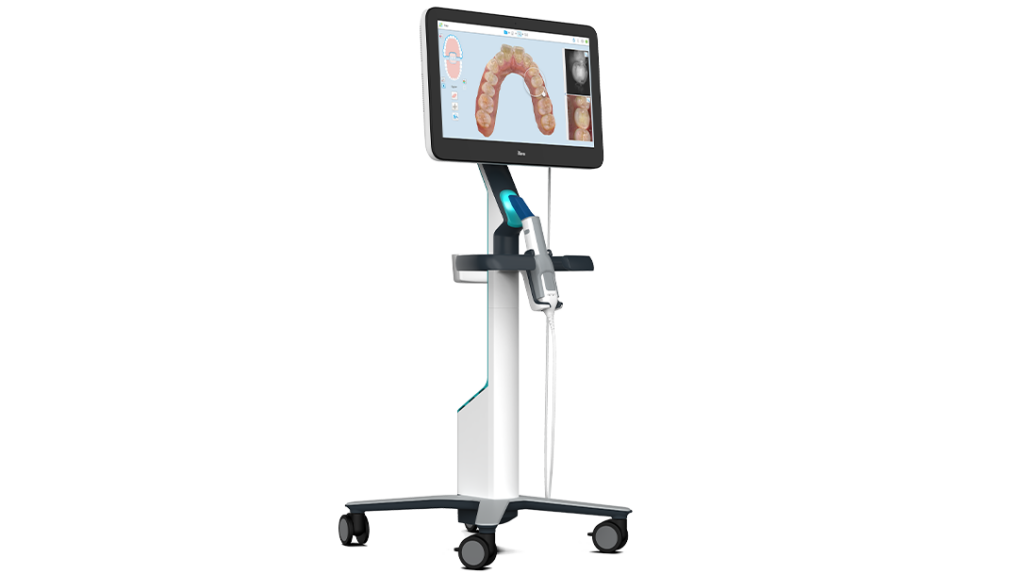
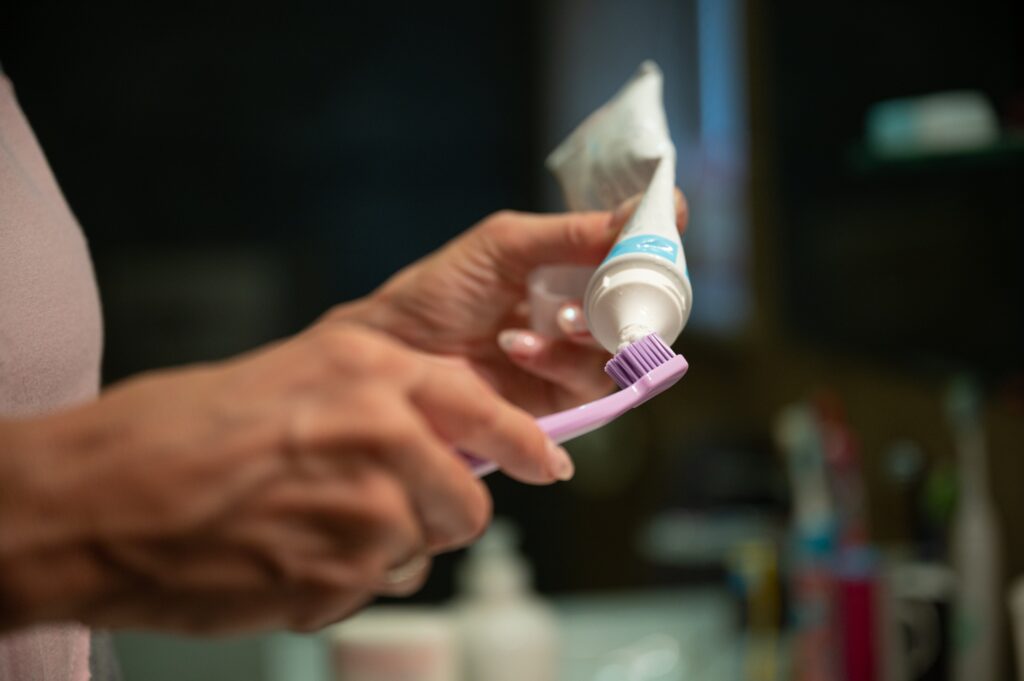

How Seasonal Weather in New Jersey Affects Your Oral Health
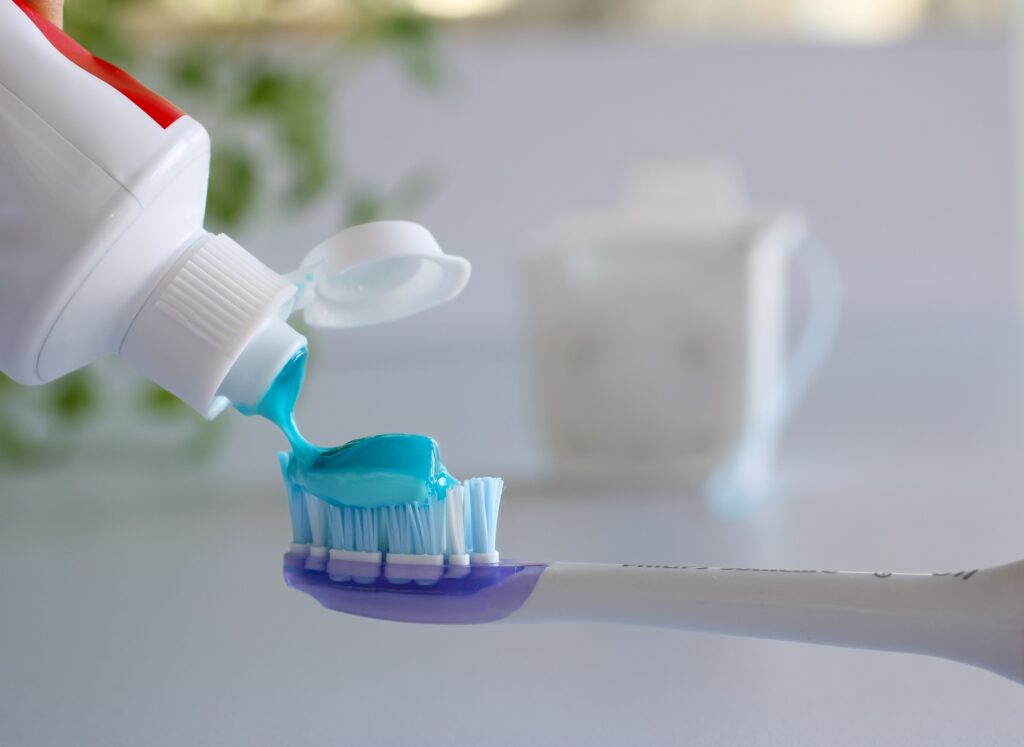
The Top 5 Goals to Maintain Dental Hygiene in 2025

Top 5 Dental Hygiene Tips for a Healthy Smile in 2025

Schedule an Appointment
For dental work near North Haledon, NJ, call us today. Our services include teeth cleanings, dental implants, teeth whitening, dental crowns and cosmetic dentistry. We services Bergen & Possaic counties & surrounding areas in New Jersey.
- 973-427-0300
- office@highmountaindentistry.com
- Mountainside Center
- 33 Sicomac Road, Suite 202 North Haledon, New Jersey. 07508
Related Posts

Experience Cutting-Edge Dental Care with High Mountain Dentistry’s New iTero Scanner
At High Mountain Dentistry, we’re always looking for ways to enhance your dental experience. That’s why we’re excited to introduce the latest addition to our practice: the iTero intraoral scanner. This state-of-the-art technology revolutionizes the way we capture dental impressions, offering a more comfortable, accurate, and efficient process for our patients.

Fluoride and Children: Why Early Protection Against Tooth Decay Matters
Fluoride has long been recognized as a cornerstone in the prevention of dental caries, particularly among children. Its role in strengthening tooth enamel and inhibiting the demineralization process is pivotal during the formative years when children’s teeth are developing.

How Seasonal Weather in New Jersey Affects Your Oral Health
New Jersey experiences all four seasons in full force, from freezing winters to humid summers. While you may be aware of how these seasonal changes impact your skin or overall well-being, did you know they also affect your oral health?
